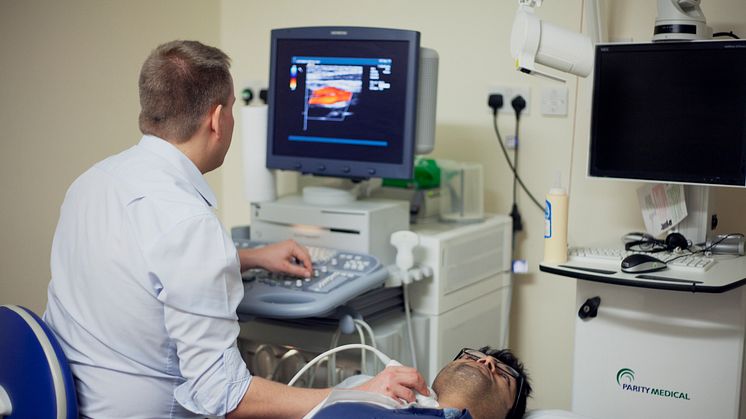
News -
Stroke Association statement on latest Sentinel Stroke National Audit Programme (SSNAP) report
The Sentinel Stroke National Audit Programme (SSNAP) report contains data for stroke patients admitted to and stroke patients discharged from inpatient care between 1 April and 30 June 2014. SSNAP is administered by the Royal College of Physicians to promote
data transparency and future improvements in stroke care in England,
Wales and Northern Ireland.
The report findings reveal that 1 in 6 stroke survivors leaves hospital without a continence plan.
Nikki Hill, Deputy Director of External Affairs at the Stroke
Association said:
“According to the SSNAP data more than 1 in 6 stroke survivors leave hospital without a continence plan. Incontinence is embarrassing, distressing and reduces your quality of life. Stroke can affect people’s ability to control their bladder and bowel and it is unacceptable that a sixth of patients are sent home without a proper assessment of their continence needs.
People must not be left to suffer in silence, it is a matter of dignity. Hospital staff should encourage people to say if they are having continence problems. There are lots of things that can be done to manage incontinence that can transform people’s lives. Appropriate staff and clear processes need to be in place to make continence a priority.
It is very encouraging to see that services are reaching higher standards and the SSNAP audit is an essential tool to support that improvement. For the first time there are six ‘A’ rated teams and there is progress at every level. However, 71% of services are rated D or E so there are still many areas where we would like to see big advances, particularly around hospital discharge processes.”
Wendy Brooks, nurse consultant in stroke care at Epsom and St Helier NHS Trust:
“Incontinence is a very common problem after a stroke. Regaining control over continence is crucial to a patient’s wellbeing, lying in your own waste isn’t just uncomfortable it strips people of their dignity. Healthcare staff are incredibly busy and stretched but they must not ignore continence issues. Every stroke patient should have an assessment and a continence plan in place as a matter of priority.”










